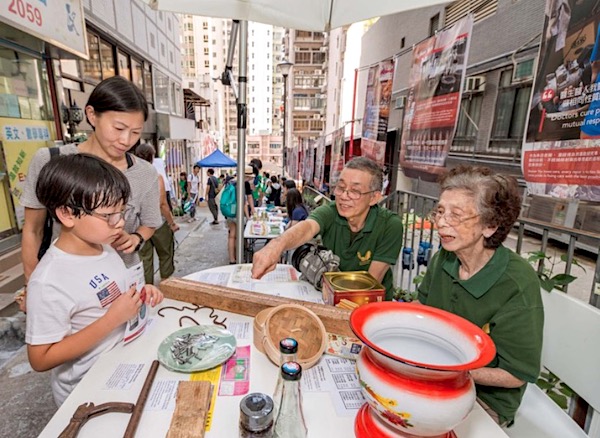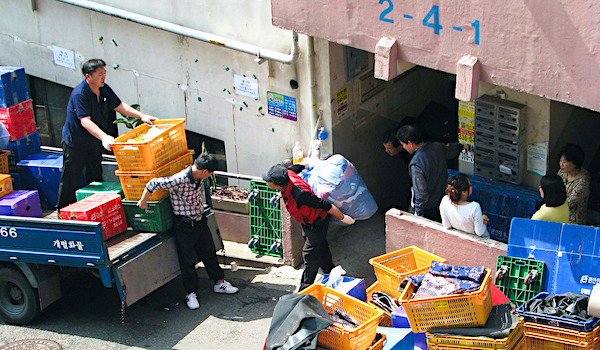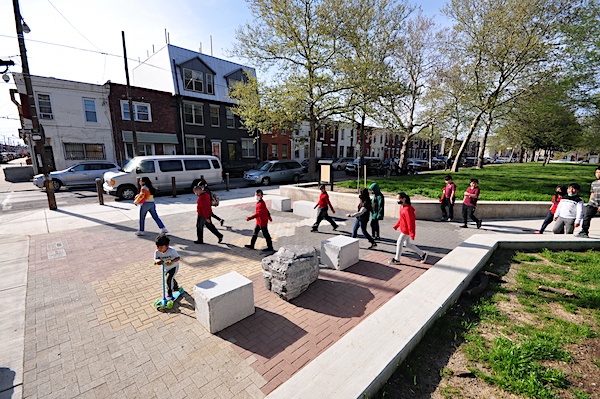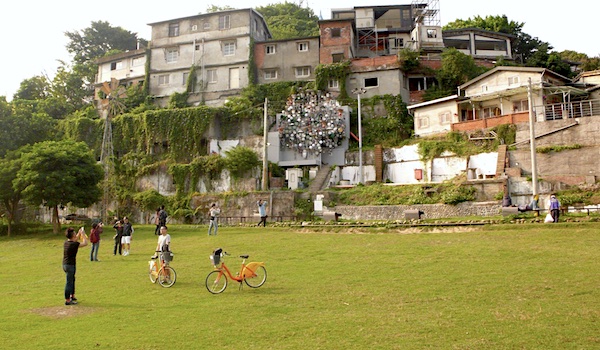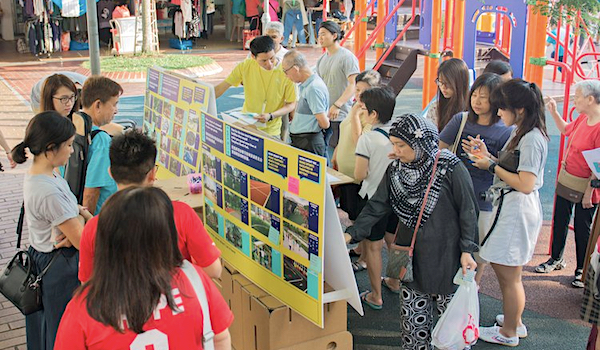Our lab has invited Melissa Cate Christ to give a talk about stairs as public places in Hong Kong. This lecture is included in the courses Urbanisation and Social Change in East Asia, and Theory of Urban and Regional Sociology.
Melissa is a doctoral candidate and casual academic at the University of New South Wales, Faculty of Arts, Design and Architecture, and at the University of Technology in Sydney, Australia. She’s also the director of transversestudio, and has previously worked as an assistant professor of Hong Kong Polytechnic University and University of Hong Kong. Melissa holds master in landscape architecture from the University of Toronto, Daniels Faculty of Architecture, Landscape, and Design. Her art and design research and practice explores mechanisms of critical intervention at the juncture of landscape, culture, urbanism, and infrastructure.
The talk ‘Stairs as public places: investigation, collaboration, and celebration along Shung Fung Lane, Hong Kong’ will take place online on Friday, December 8th, 2023 (11:30-13:30). Below is a brief description of her talk.
Due in part to historical street and development patterns, topography, and building restrictions, Hong Kong Island’s urban development and population density is one of the highest in the world. Within this densely populated hilly area, stairs are a crucial typology of vernacular pedestrian infrastructure that sustain Hong Kong as a walkable city with a unique ‘Stair Culture’. Stairs act not only as movement corridors which allow access to areas otherwise inaccessible, but also as vibrant public places with crucial social, cultural, environmental, and heritage value. This talk presents one example of this in the context of Magic Lanes, a placemaking project which was located along Sheung Fung Lane, a set of alley stairs in the Sai Ying Pun neighbourhood in the Central and Western District of Hong Kong Island. This project, which was funded by the HKSAR Urban Renewal Fund and developed by two NGOs, aimed to create places for intergenerational activities and community engagement, and to improve the environment through green and blue infrastructure. The talk reflects on how the project provided challenges and opportunities for investigation, collaboration, and celebration, and the potential role of these places in the creation of a more inclusive and healthier environment in Hong Kong.
